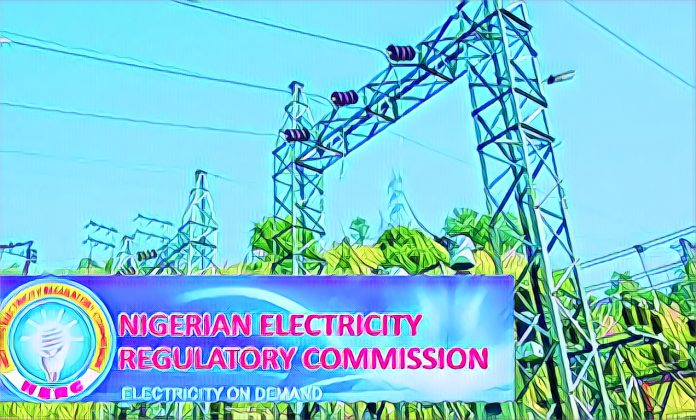In a significant development within Nigeria’s power sector, the Nigerian Electricity Regulatory Commission (NERC) has approved a substantial hike in electricity tariffs for customers categorized under Band A. These are customers who typically enjoy up to 20 hours of electricity supply daily. According to the Vice Chairman of NERC, Musliu Oseni, the new rate will see Band A customers paying N225 per kilowatt-hour, a significant leap from the previous rate of N66.
This adjustment in tariff primarily affects a minority segment of the population, as Band A customers constitute only 15% of the country’s 12 million electricity consumers. The announcement was made during a press conference in Abuja, where Oseni further explained the commission’s decision to reclassify some customers from Band A to Band B, attributing this to the inability of electricity distribution companies to fulfill the requisite hours of supply promised to these customers.
Oseni elaborated, “We currently have 800 feeders that are categorized as Band A, but this will now be reduced to under 500. This means that 17 per cent now qualify as Band A feeders. These feeders only service 15 per cent of total electricity customers connected to the feeders.” This tariff review, as stated by Oseni, will not impact customers in other bands, highlighting a targeted approach towards adjusting the financial dynamics of the country’s electricity supply for specific consumer segments.
The adjustment comes on the heels of a report by Bloomberg, citing unnamed sources within the presidency, which anticipated an increase to N200 ($0.15) per kilowatt-hour from N68 for urban consumers. This move is reportedly aimed at attracting new investment into the power sector and reducing the substantial $2.3 billion expenditure incurred by the government in subsidizing tariffs to maintain them at capped levels.
Furthermore, the increase in electricity tariffs coincides with an announcement from the Nigerian Midstream and Downstream Petroleum Regulatory Authority regarding a rise in the price of natural gas. Given that over 70% of Nigeria’s electricity is generated from natural gas, this development is poised to have a significant impact on the overall cost of power generation and supply within the country.
The simultaneous hikes in both natural gas prices and electricity tariffs represent a pivotal moment for Nigeria’s energy sector, which is grappling with the dual challenges of ensuring reliable power supply and attracting the necessary investment to sustain and expand its infrastructure.



